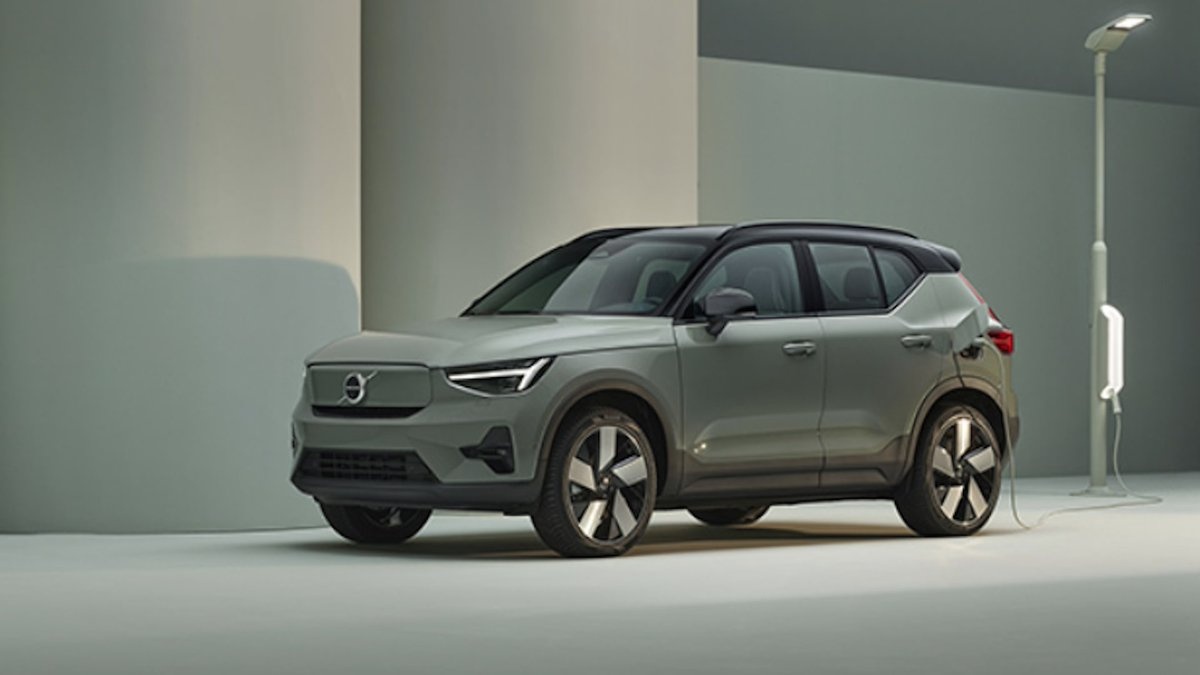Volvo takes a different route from Kia for its EV push in India

Kia recently launched its electric crossover EV6 in India, and the company is importing the vehicles as CBUs (Complete Built-Up Units). EV6 is pitted against the likes of Volvo XC40 Recharge, which is to be launched in July.
As it happens, Volvo Cars India is taking a different approach to that of Kia. Volvo has announced that it will locally assemble the upcoming XC40 Recharge EV at its facility in Hoskote (near Bengaluru, Karnataka). The deliveries of the Volvo XC40 Recharge is slated to happen in October 2022. Volvo had earlier announced that it'll launch a series of electric cars, and XC40 Recharge happens to be the first one in its class.
Jyoti Malhotra, Managing Director, Volvo Cars India said, "We are committed to grow the Indian market and our plans to assemble our latest offering the XC40 Recharge at our plant in Bengaluru is a reflection of this resolve. The future of mobility is electric and as a company we have already stated that we will be an all-electric car company by 2030. Our focus on local assembly is a step in this direction."
Volvo's plan in line with govt's
The Volvo factory in Hoskote, which started the local assembly in 2017, rolls out the Volvo XC90, XC60, XC40 and S90. But XC40 Recharge will be the first fully electric vehicle manufactured locally in India by Volvo. (Though for the record, Volvo XC90 runs on petrol but features a 48V hybrid system, which started production there last year.)
The Volvo XC40 Recharge is currently available in two versions: one runs on a 300-kW all-wheel-drive system with a 78-kWh battery (75 kWh net) while the front-wheel-drive model features a 170-kW powertrain output and a 70-kWh battery (67 kWh net).
The Volvo XC40 Recharge sports a 78kWh battery pack that allows the electric SUV to travel for a claimed 418 kilometres on a single charge. Volvo claims that the XC40 Recharge SUV can recharge its battery pack from 10 to 80% in 40 minutes when connected to a 150kW DC fast charger.
Volvo's plans for India is in line with the government's goals too. India has made no bones about the fact that it wants electric cars and their components to be assembled and built locally as far as possible. It is one of the reasons why Tesla's arrival in India is being held back.
Sign up for breaking news, reviews, opinion, top tech deals, and more.
Other EV manufacturers like Stellantis' Citroen is also looking to set up shop in India. It is planning a compact EV to be released in 2023. Hyundai, which will release its Ioniq 5 EV later this year will also eventually take this road. It is looking to firm up suppliers to get going with the manufacture. The Chinese-owned MG is also looking to up its Indian production.
Want to know about the latest happenings in tech? Follow TechRadar India on Twitter, Facebook and Instagram!

Over three decades as a journalist covering current affairs, politics, sports and now technology. Former Editor of News Today, writer of humour columns across publications and a hardcore cricket and cinema enthusiast. He writes about technology trends and suggest movies and shows to watch on OTT platforms.